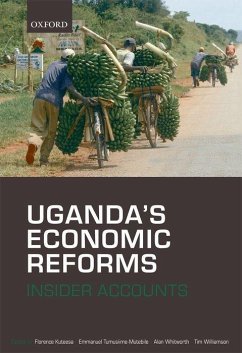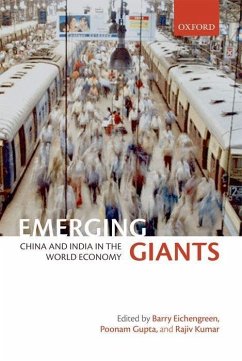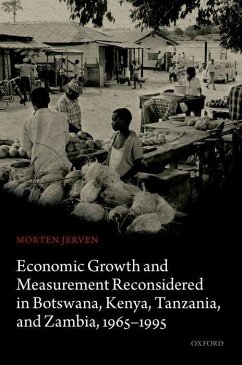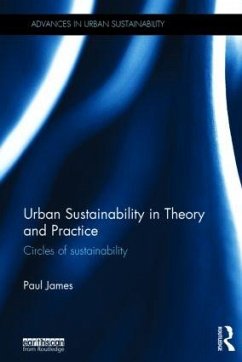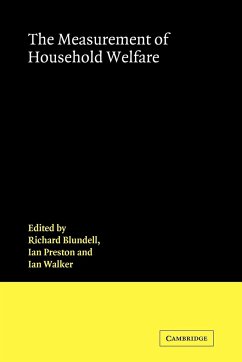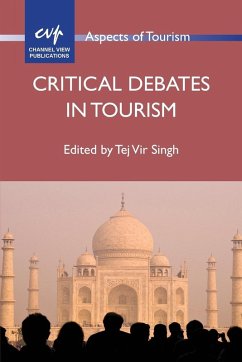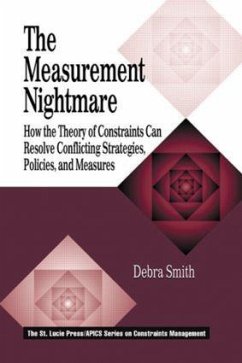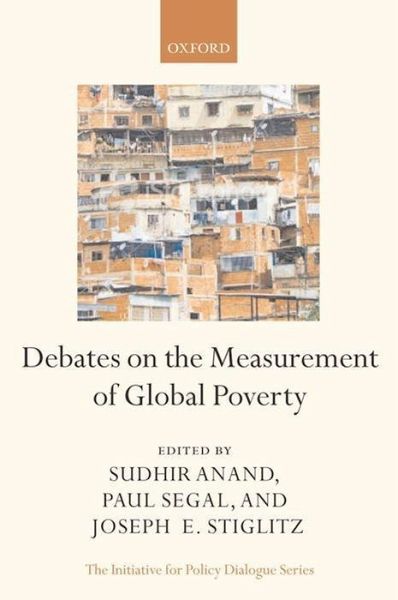
Debates on the Measurement of Global Poverty
Versandkostenfrei!
Versandfertig in 1-2 Wochen
165,99 €
inkl. MwSt.

PAYBACK Punkte
83 °P sammeln!
This volume brings together the most recent debates in the measurement of global poverty - a topic of the greatest importance if we are to develop effective strategies for poverty reduction and have any real sense of whether progress is being made towards the achievement of the Millennium Development Goals.
The international community's commitment to halve global poverty by 2015 has been enshrined in the first Millennium Development Goal. How global poverty is measured is a critical element in assessing progress towards this goal, and different researchers have presented widely-varying estimates. The chapters in this volume address a range of problems in the measurement and estimation of global poverty, from a variety of viewpoints. Topics covered include the controversies surrounding the definition of a global poverty line; the use of purchasing power parity exchange rates to map the poverty line across countries; and the quality, and appropriate use, of data from national accounts and household surveys. Both official and independent estimates of global poverty have proved to be controversial, and this volume presents and analyses the lively debate that has ensued.



